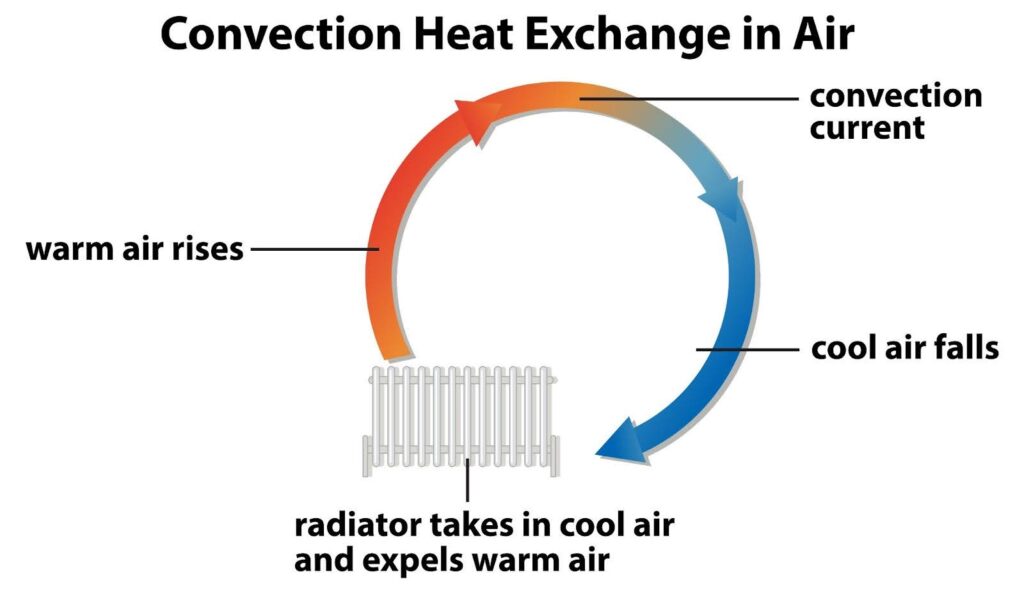Why Type K Thermocouple Wire is Most Sought After
Temperature measurement is crucial in many fields. Thermocouples are commonly used in
various settings. They are popular for their durability, precision, and long lifespan. Type K
thermocouples are generally the most popular type. They are widely used in production
lines and testing equipment. Home appliances, industrial and mining operations, and
industrial control systems are also used. They are also used in temperature measurement
and control for all types of events. Many people appreciate that Type K thermocouple wire
saves time.
This blog explores Type K thermocouple wire’s applications, precision grades, and industrial
uses to better inform industry professionals.
What Is a Type K Thermocouple?
Thermocouples operate on the principle that heat is converted into voltage potential. Type
K thermocouple comprises two metals, Chromel (Nickel chromium) and Alumel (Nickel-
aluminium). If we join two dissimilar metals, an electromotive force will occur and surface as
voltage.
Type K thermocouples are the most versatile and durable thermocouples. They are very
effective in extreme conditions and are regularly used in various industrial and scientific
events. They are engineered to provide accurate and reliable measurements in all extremes
of conditions, so they are often the preferred product choice by users.
From high temperatures exceeding the melting point of metals and alloys in metal
processing to monitoring laboratory equipment, Type K thermocouples are continually
relied on to give excellent performance time and again, in turn helping to improve the safety
and efficiency of your operation.
Key Applications of Type K Thermocouple Wire
- Manufacturing and Industrial Processes
In manufacturing, correct temperature control is critical to product quality. Many
manufacturing processes employ Type K thermocouples, which are used during the
production of ceramics, metals, and glass inside of furnaces, kilns, and ovens, as they can
measure high temperatures.
- HVAC Systems
Heating, ventilation, and air conditioning systems are other spaces that rely on temperature,
especially when mechanical systems are involved. In HVAC systems, type K thermocouples
are crucial in providing temperature readings for heating and cooling equipment. These
thermocouples provide accurate temperature measurements for a range of temperatures of
varying extremes.
- Automotive Industry
Automobile companies used type K thermocouples to check gas and petrol engine
temperatures during production and testing. The accuracy of thermocouples is critical for
regulating engine performance and emissions.
- Aerospace and Aviation
In aerospace, Type K thermocouples measure the respective temperatures inside jet engines
and spacecraft in extreme environments. They are highly critical to safety and functioning.
- Research and Development
Traditionally, temperature-sensitive materials have been assessed using Type K
thermocouples in laboratories. This is because Type K thermocouples are readily used
everywhere, have accurate temperature monitoring advantages, and are part of scientific
discovery.
Accuracy of Type K Thermocouples
The accuracy of the Type K thermocouple will depend on material quality and measuring
equipment, but normally, they will have an accuracy of ±2.2°C or ±0.75% of reading,
whichever is larger.
Now, Temperature Range
The Type K thermocouples operate in a broad temperature range from -270 °C to 1372 °C (-
454 °F to 2502 °F), making them a good alternative for really low and high temperatures.
However, the accuracy of Type K will be reduced at extreme temperatures. At very low
temperatures, other types of thermocouples, such as Type T thermocouples, may yield
more accurate results.
Factors Affecting Type K Thermocouple Performance
Type K thermocouples are generally dependable, but several common factors can impact
performance:-
- Wire Insulation
The insulation material used can affect the characteristics of how your thermocouple is
functioning. Ceramic insulation has higher heat ratings than PVC insulation, but ceramic
insulation may not be the best choice in humid or corrosive environments.
- Wire Insulation
The insulation material used can affect the characteristics of how your thermocouple is
functioning. Ceramic insulation has higher heat ratings than PVC insulation, but ceramic
insulation may not be the best choice in humid or corrosive environments.
- Electromagnetic Interference (EMI)
High levels of EMI can sometimes affect the signals from thermocouples, which can impact
accuracy in many applications. In these circumstances, using a shielded cable to carry the
signal from the thermocouple will help.
- Calibration
Calibration is essential for accuracy. A thermocouple will drift over time, particularly with
continued use in extreme temperatures. The best way to be confident with your
measurements is to check your thermocouples against a calibration standard as part of a
maintenance or practical procedure.
Industry Benefits of Using Type K Thermocouples
- Economical and Flexible
Typically, type K thermocouples are cheaper than other types of sensors, such as RTDs
(Resistance Temperature Detectors). Because they have a relatively wide temperature range
and can last in harsh conditions, they are suitable for industries as a cost-effective option.
- Quick Response Time
Type K thermocouple is very responsive to detecting temperature change, which was
beneficial according to your industry needs, regardless of how fast the hot and cold need to
be changed in suitable conditions.
- Survives Harsh Conditions
In terms of time, type K thermocouples will work in extreme conditions, from extreme
cryogenic low-temperature conditions to very high-heat processes, since their main purpose
is to detect or measure extreme temperatures. The type K thermocouples do very well in
high-temperature conditions, under oxidation (when metals are involved), corrosion, and
thermal stress (when heating, such as steels or alloys, in high thermal stress conditions).
Why Type K Thermocouples Remain the Industry Standard
Type K thermocouples are an essential element of contemporary temperature
measurement in industries ranging from manufacturing to research and aerospace. They
can be used in applications with accuracy over a wide range of temperatures or in critical
operations where temperature is a vital measurement. If you have an industrial furnace
where monitoring temperature is essential or need precise measurements when doing
scientific research, Type K thermocouples are a great, dependable, and economical choice.
Ready to improve accuracy and reliability in your temperature measurement systems?
Contact Pelican Wire today for expert guidance and high-quality Type K thermocouple wire
solutions.
